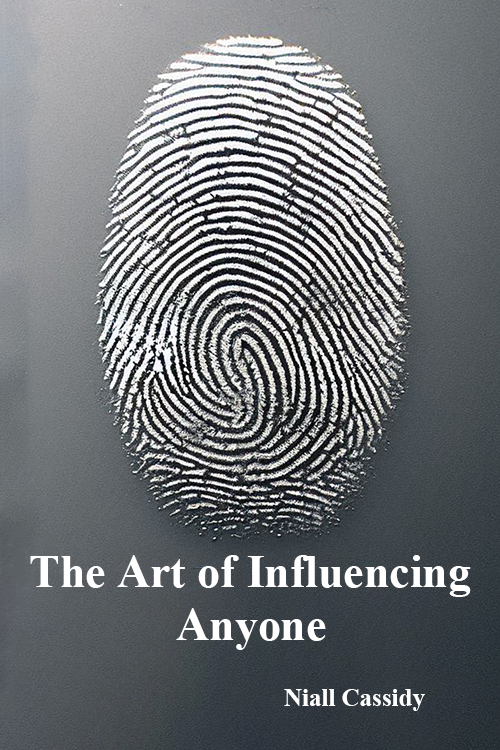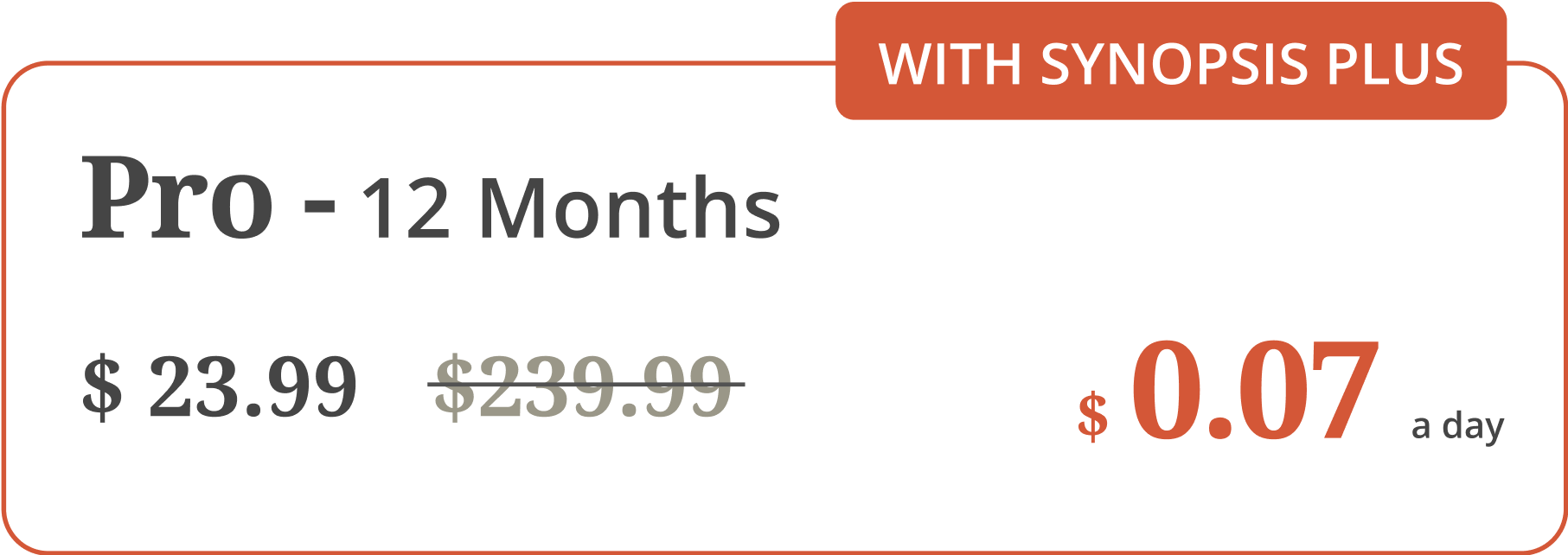About this Book
The Art of Influencing Anyone provides effective strategies for persuading people, focusing on more than just qualifications. Niall Cassidy highlights that success often relies on personality and persuasive techniques. Key strategies include grabbing attention, creating convincing reasons, limiting choices, and using customer opinions. Emphasizing emotional connections and strategically handling resistance can significantly enhance persuasion and build trust. Understanding and adapting to human behavior are crucial for improving influence and sales outcomes.
2023
Self-Help
0 Min
Conclusion
7 Key Points
Conclusion
To succeed, focus on personality over qualifications, use detailed specifics to build credibility, limit choices for clearer decisions, and apply cold reading to connect with customers. Capture attention with engaging content, spark desire, leverage customer influence, and use resistance to build trust.
Abstract
The Art of Influencing Anyone provides effective strategies for persuading people, focusing on more than just qualifications. Niall Cassidy highlights that success often relies on personality and persuasive techniques. Key strategies include grabbing attention, creating convincing reasons, limiting choices, and using customer opinions. Emphasizing emotional connections and strategically handling resistance can significantly enhance persuasion and build trust. Understanding and adapting to human behavior are crucial for improving influence and sales outcomes.
Key Points
- People often believe style and confidence more than facts and logic.
- Being friendly and detailed makes others see you as trustworthy.
- Giving fewer choices helps people decide more easily.
- Grouping information makes it easier to understand and remember.
- Start with something curious or odd to grab attention quickly.
- People buy more when they feel the product fits their desires or image.
- Agreeing with concerns can build trust and help change minds.
Summary
Persuasion relies more on style than logic
Have you ever seen someone who didn’t work hard or wasn’t very qualified get promoted over you at work? This frustrating situation happens more often than you might think. It’s because our decisions, including those of our bosses, aren’t always based on logic. In other words, why isn’t the most obvious argument always the most effective? It’s because we tend to trust what we want to hear rather than logical arguments. Imagine two people pitching a new business project to their boss.
One person gives a reasonable plan to proceed carefully, step by step. The other person is full of enthusiasm and wants to jump right in, but doesn’t offer solid reasons. Who do you think the boss will choose as the project leader? It’s likely the enthusiastic one—the one who was more engaging and said what the boss wanted to hear.
This scenario shows that a person’s personality often matters more than their arguments or qualifications. This is also true in academic publishing. Researchers submit their papers to journals, hoping to get published. What do the journal editors first consider? They loo
Share:




